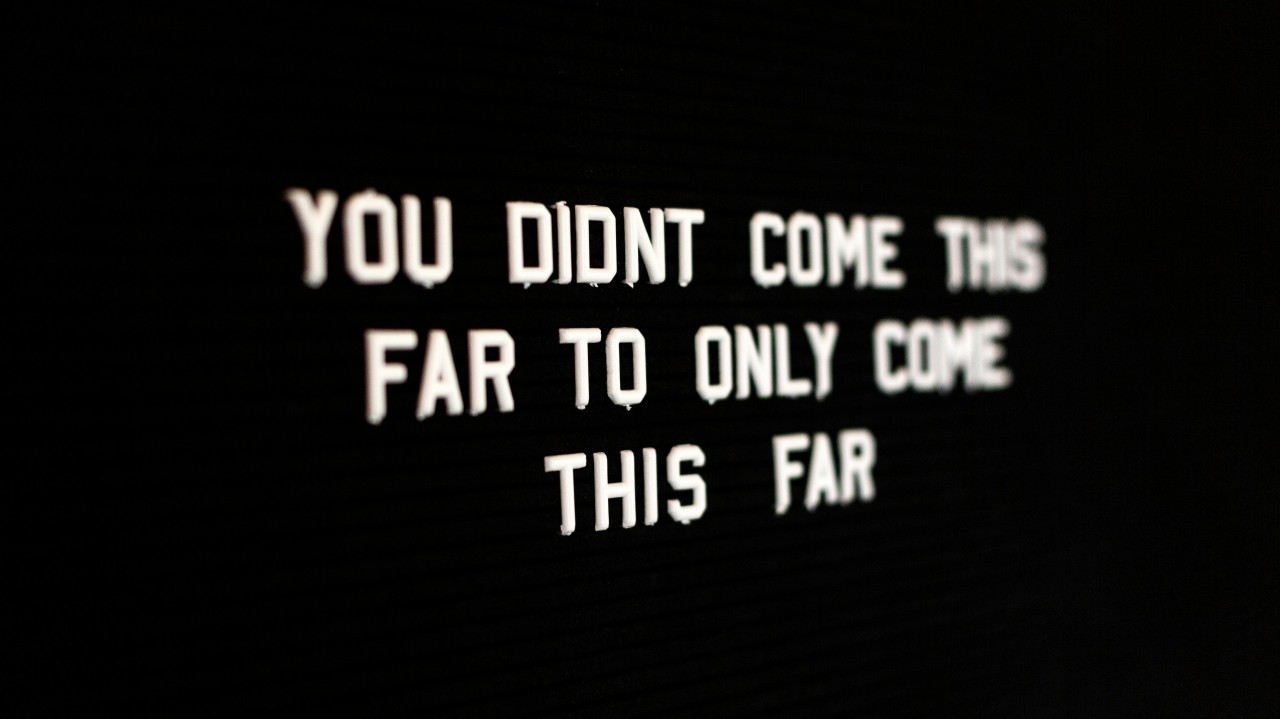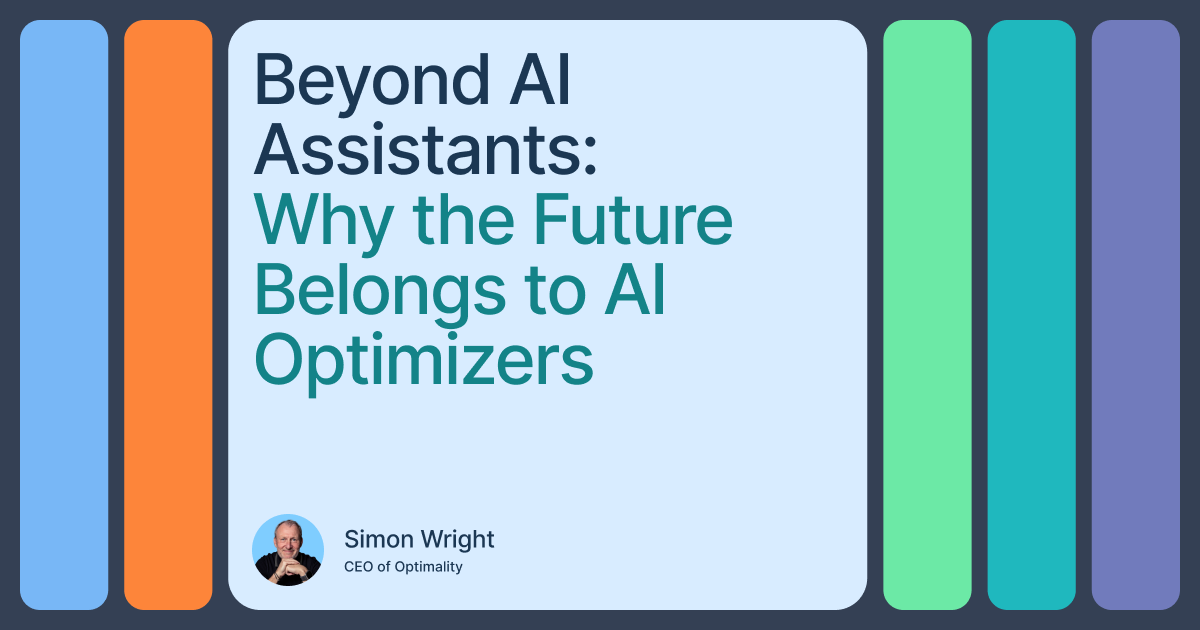The last two years have seen an explosion of AI products. Most of them fall into two categories: assistants and agents. Both are powerful steps forward, but neither represents the endgame.
The real breakthrough — the one that will separate tomorrow’s leaders from today’s crowd — is the rise of optimizers.
Assistants: Helpful, But Limited
AI assistants and co-pilots are now everywhere. They answer questions, summarize documents, draft content, and automate small tasks.
They are valuable because they lighten the cognitive load. They help us think faster.
But assistants react. They wait for input. They don’t create a strategy, a sequence, or a plan. That means they can’t fundamentally change the efficiency of how work gets done.
Agents: A Step Forward, But Still Tactical
AI agents take things further. Instead of just responding, they can act. They log into tools, send emails, update records, or chain tasks together.
This is progress. Agents move from talking about work to actually doing work.
But agents remain tactical. They execute instructions or simple goals, often in a linear fashion. They don’t ask: Is this the right plan? Is there a better sequence? Are we optimizing for time, cost, or quality?
Agents help us get tasks done. But they rarely ensure we’re doing them in the best possible way.

Optimizers: The New Frontier
This is where optimizers come in.
Optimizers don’t just answer questions (like assistants) or carry out steps (like agents). They design, sequence, and refine entire execution plans.
Instead of:
- “Here’s information you asked for” (assistant).
- Or, “I’ve completed the tasks you gave me” (agent).
An optimizer says:
- “Here is the most efficient way to achieve your goal. And I will adapt that plan as things change.”
Optimizers move us from helping with tasks to transforming outcomes.
Why This Matters
In today’s environment, efficiency is survival. Budgets are tight. Markets move fast. Teams are stretched.
- AI assistants add convenience.
- AI agents add automation.
- But only AI optimizers add true performance gains — delivering projects faster, reducing waste, and ensuring organizations do not just move, but move in the right direction.
Optimizers don’t replace human judgment. They amplify it, turning scattered effort into coordinated execution.

The Optimality Vision
This is why Optimality positions itself not as another AI assistant, nor simply an agent, but as part of this new class: optimizers.
It’s a subtle but crucial distinction.
- Assistants help.
- Agents act.
- Optimizers ensure the work itself is structured for success.
That’s the difference between incremental improvement — and transformational impact.
👉 The future of AI isn’t about adding more assistants. It’s about building optimizers that turn goals into the best possible execution. That is the path forward.

